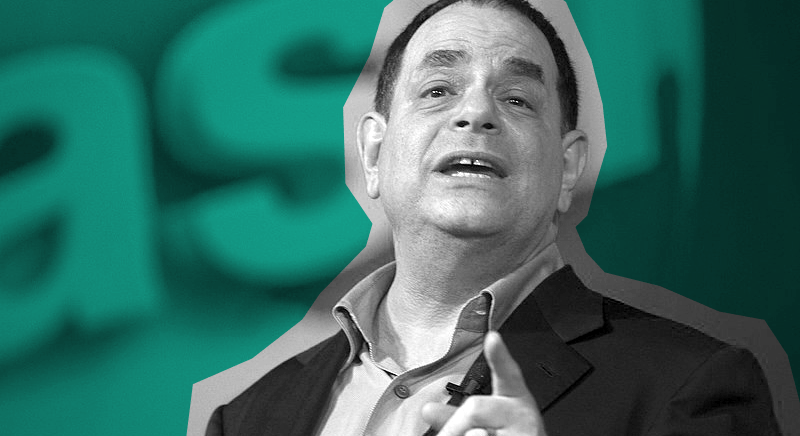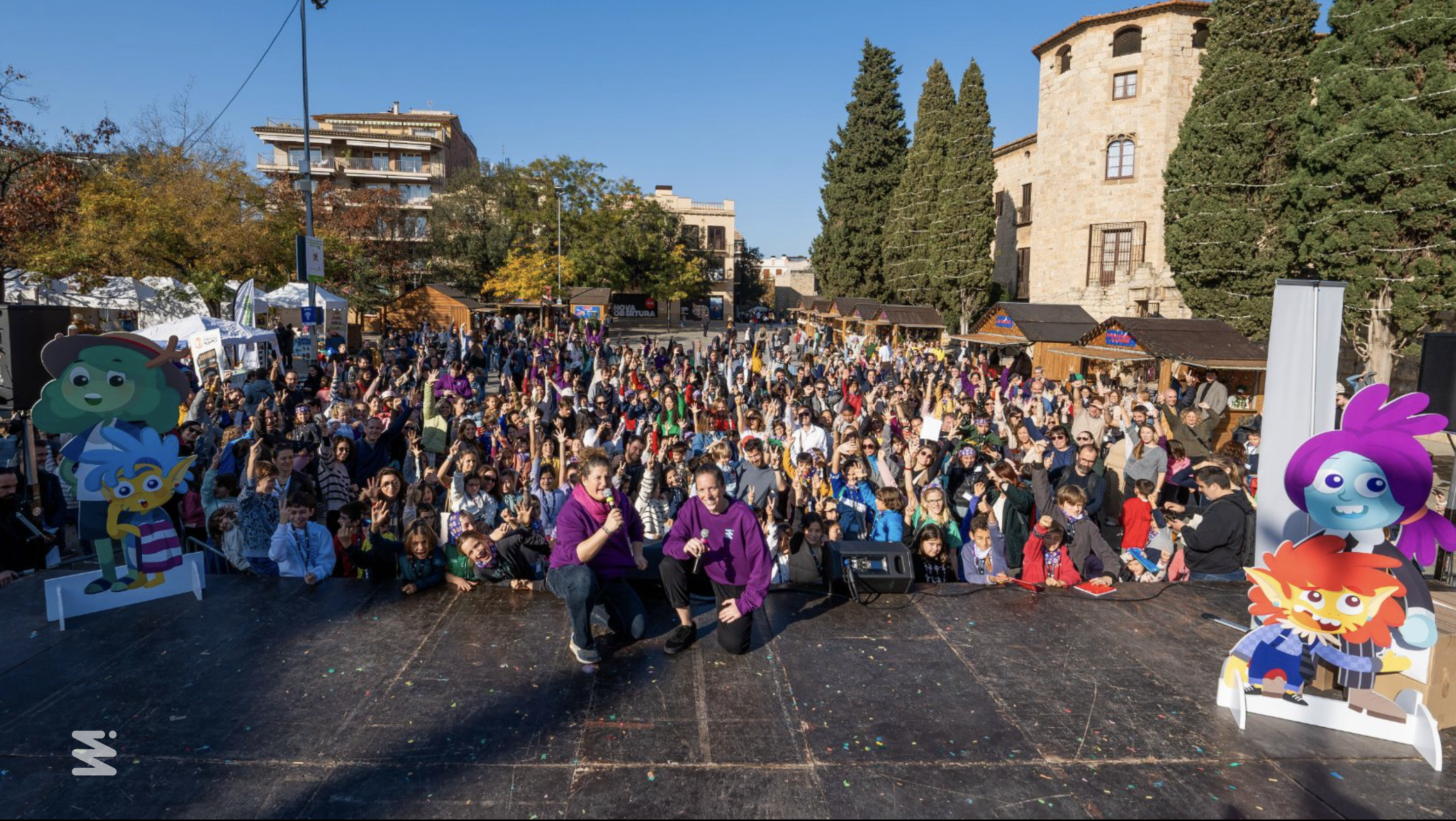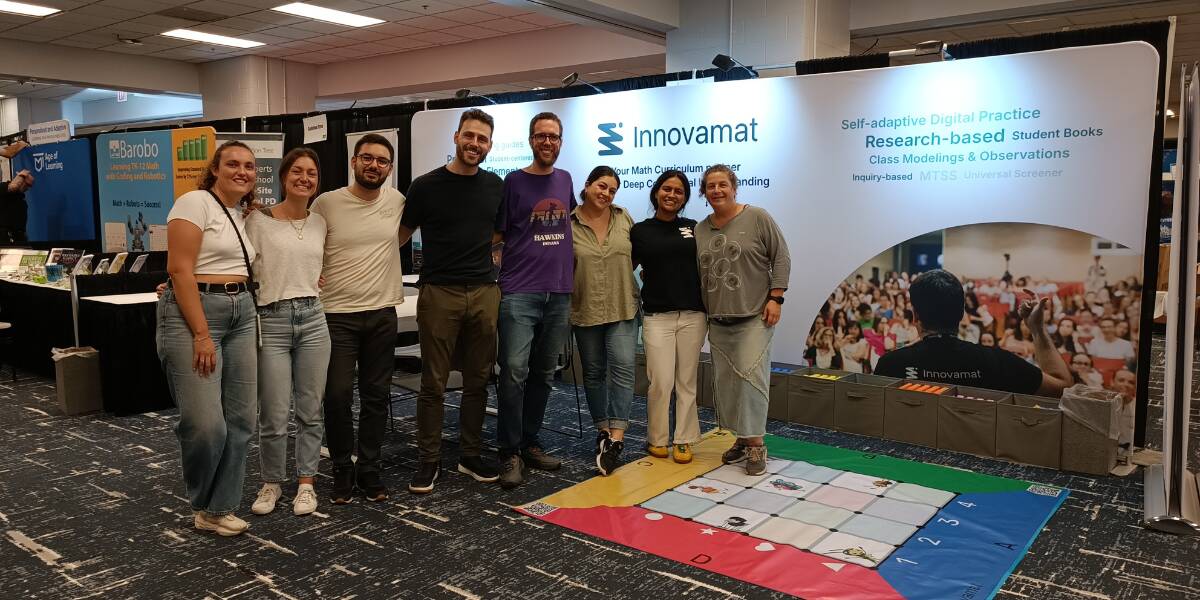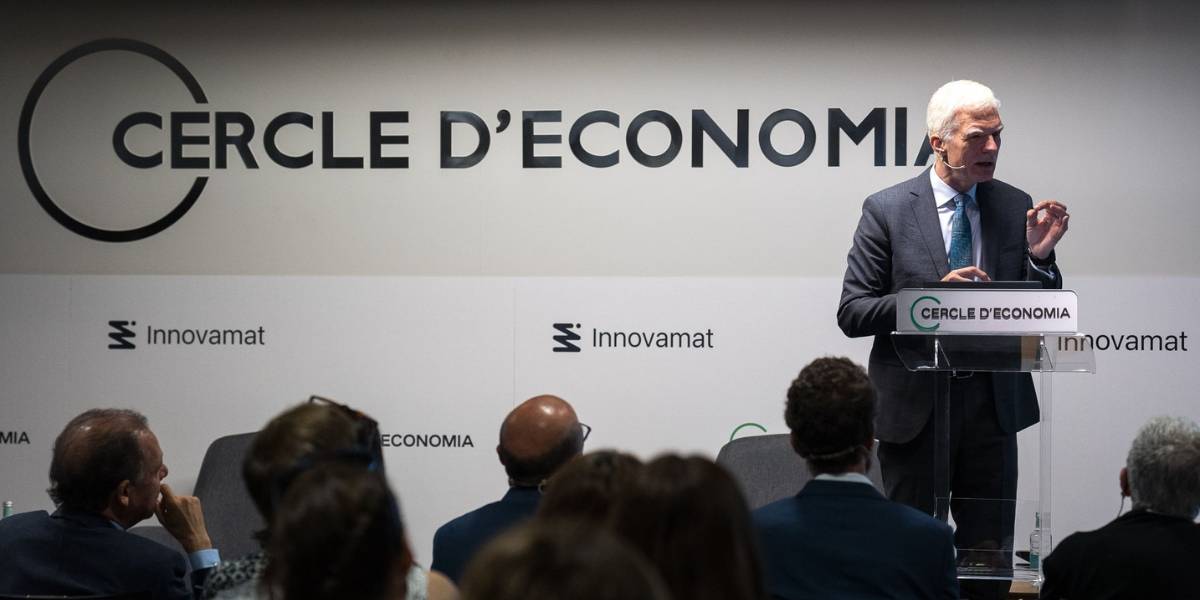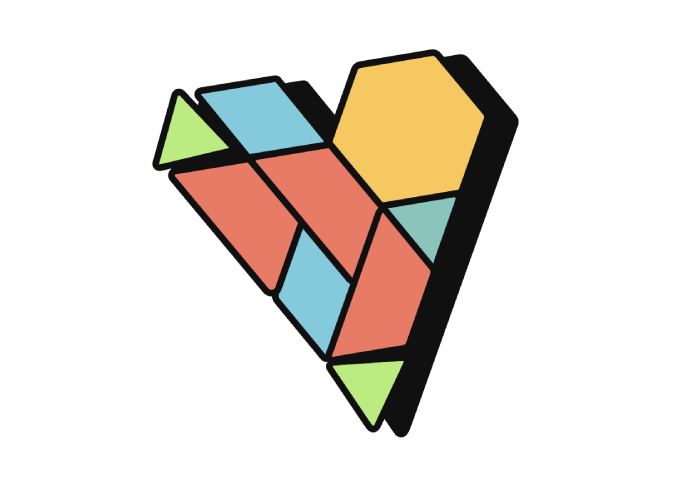Yes. You’re reading it correctly. Marc Prensky, the man who coined the term, digital native in 2001, asked a question that ruffled a few feathers, What if school wasn’t necessary? The question was thrown at us at EdTech Congress Barcelona, in a room full of teachers and principals, tech and education companies, and members of the Department of Education.
Empowerment and Evolved Humans
Let’s play along with him, without education centers, what will the future look like? Prensky proposed what he calls, Empowerment Hubs, which are centers where young people make the most of their symbiotic relationship with technology to work on projects that have a measurable impact on their environment.
According to Prensky, education is no longer about putting things into children’s heads, rather it is about finding a way of getting out everything that’s already in there. This implies a change in the balance of power, the adult world loses influence and control over the thoughts and actions of young people and as such, according to Prensky, young people will be empowered. This way, they learn, not for the sake of learning but to achieve. The goal isn’t content but empowerment, defined as self direction plus accomplishment with impact. And the adults, silence, please.
Prensky says that humanity of the XXI century will face new problems which will not only require new solutions but new paradigms too. And the new paradigm comes from the relationship between young people and technology. Smartwatches aren’t smartwatches. Mobile phones aren’t mobile phones. They are extensions of young people’s bodies, turning them into evolved, powerful humans with new abilities that empower them to do good. They are also empowered to do bad, sure. That’s the way of the world.
Learning with and from kids
And when someone from the audience asks Prensky how kids will use technology for good and not bad, he goes off on a tangent. They will figure it out, he insinuates. This dilemma is inherent to today’s world and the solution will almost certainly come on its own.
Well, we think that it won’t come completely on its own, adults and the community guide kids in what doing good and bad means. But watch out, because us adults are the first to use technology senselessly and meanly. We’re a bit lost when it comes to that, really, but here we are, ready to learn with and from the kids. Teachers and students, families and kids, we are condemned to collaborate and decipher the intricacies of the new paradigm together. Teachers, leave the kids alone, but don’t go overboard.

